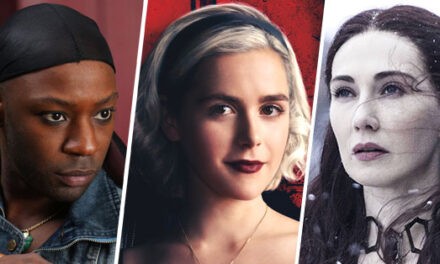- Edited by Jonathan Cohn and Phil Scepanski
- Abstracts/Proposals (300 words) due December 10th.
- Chapters (no longer than 6000 words) due April 1st
- Please submit queries and proposals to: cohn@ualberta.ca and scepanski.phil@gmail.com
A staple of television in the network era, very special episodes typically describe a particular brand of well-meaning but corny television where family- and teen-oriented sit-coms and primetime dramas alike engage topical social or other challenging issues. Arnold Drummond gets molested. Alex P. Keaton mourns the death of a friend. And numerous high schoolers have gotten hooked to over-the-counter drugs (including, perhaps most famously, Jessie Spano’s bout with caffeine pills).
Very special episodes and their ilk are largely reviled by scholars and critics alike for representing deeply painful social issues and problems as simplistic, gimmicky, and easily solved (Rhonda Wilcox, 1999, Kelly Kessler, 2011, Jack Holland, 2011). But should we be so dismissive of television’s attempts to engage serious issues, especially those facing young people? And should we limit our understanding of this phenomenon to only its least successful examples? How can we take this criticism seriously while also considering their value in both the history of television and the lives of viewers? How do specific very special episodes and the VSE as a concept challenge and/or clarify our understanding of the history of network television and its place in American Culture? Guided by these questions, we seek chapters for an edited collection that historicize and interrogate the role of very special episodes in the television industry and the cultures that surround them. In particular we are interested in work that examines the phenomenon of these episodes as indicative of a broader impulse throughout television history to address significant social issues with event programming.
Examples of this phenomenon in this larger view range from I Love Lucy’s childbirth episode to Blackish’s unaired discussion of police shootings of African Americans. It includes episodes like those above where comedies turn earnest to discuss significant issues or where dramas tackle national traumas such as LA Law’s attempts at depicting the LA Riots or The West Wing’s 9/11 “Isaac and Ishmael” episode. Then again, VSE’s can include less serious examples, as when South Park turned its attention to 9/11. It can include shows like Maude, whose abortion episodes made the political deeply personal as well as examples from All in the Family to the 2018 reboot of Roseanne, where family squabbles act as symbolic referendums on electoral politics. And yes, it can also describe those cheesy examples from the 1980s that, despite some clumsiness in writing and performance, tried to make ethical television for young people in an era when deregulatory policy had largely excused broadcasters from creating children’s programming of any ethical standard. After all, who knows how many children learned from Punky Brewster’s near fatal error and decided not to play hide and seek in junkyard refrigerators.
We are especially interested in chapters focused on the following or similar topics and series:
- VSEs and politics, civil rights and/or social justice movements
- The failures of VSEs to address or properly address certain issues
- VSEs, identify formation, and/or understandings of children and adolescents
- the Development of the VSE, 1950s-70s (on specific episodes, eras or trends).
- VSE and Quality TV
- the VSE and industry and/or regulatory changes.
- TGIF
- After school VSEs and Specials
- Rodney King Riot VSEs
- 9/11 VSEs
- Blackish’s unaired VSE
- VSEs and streaming content




